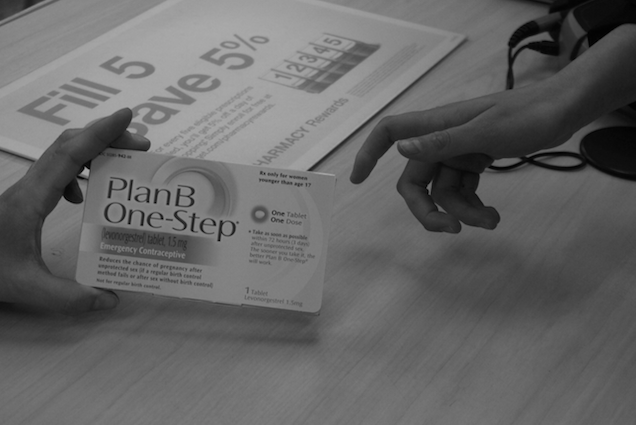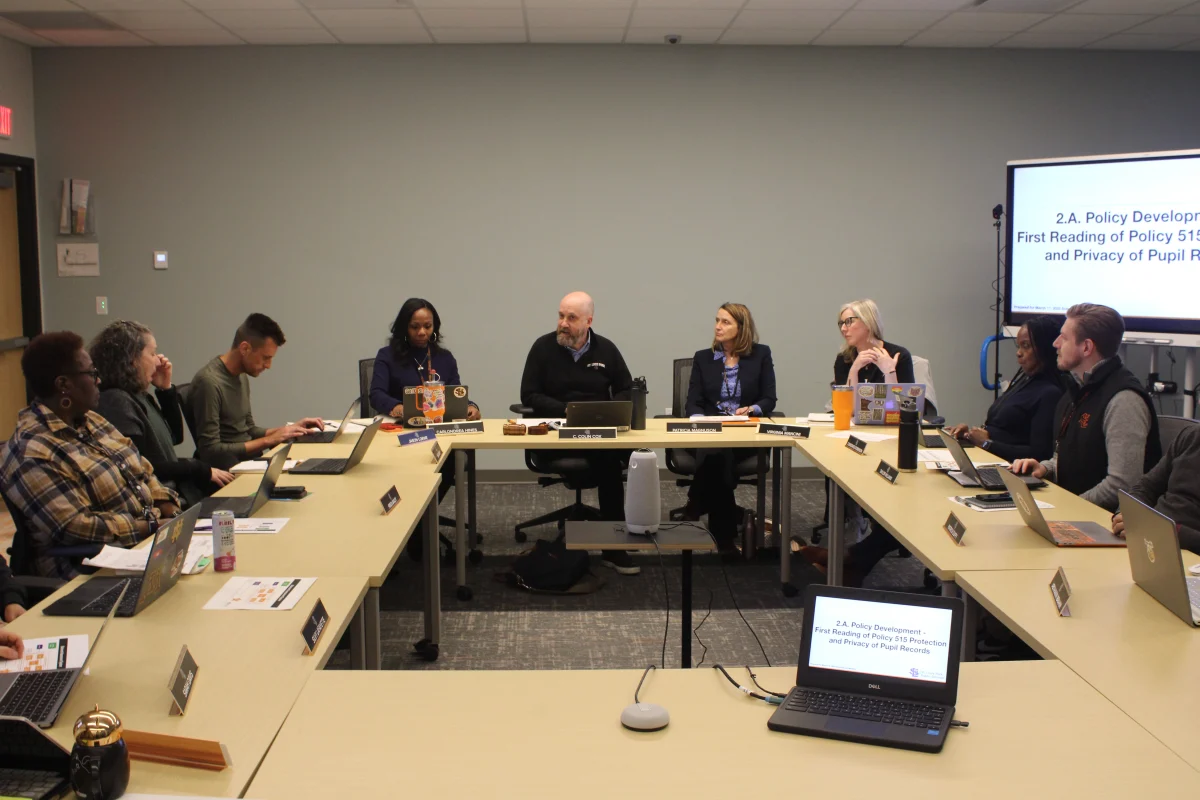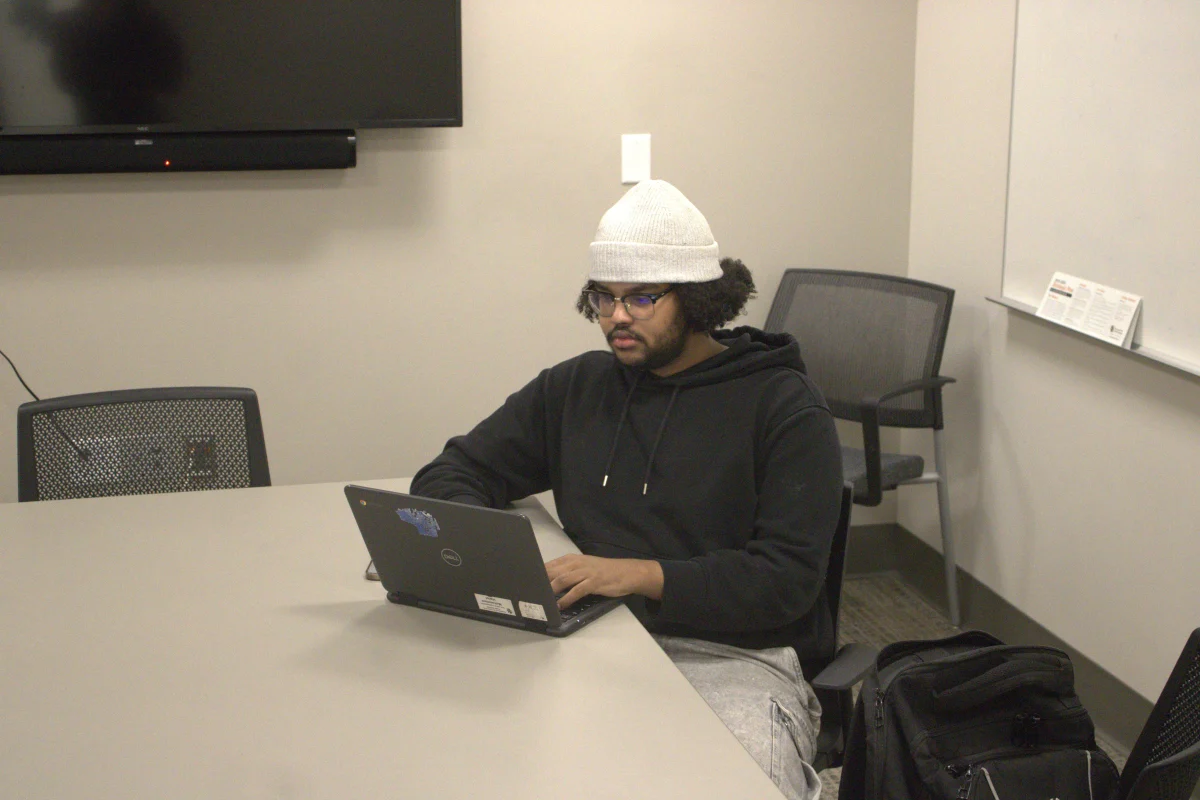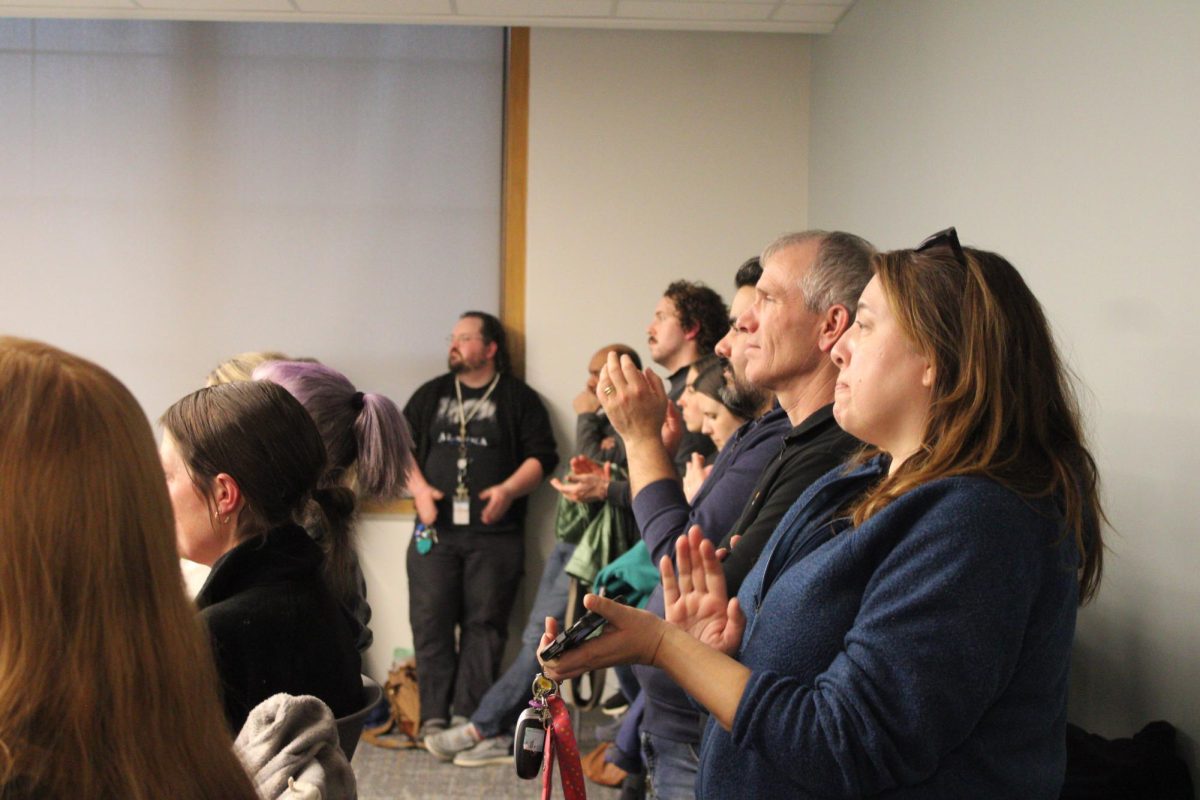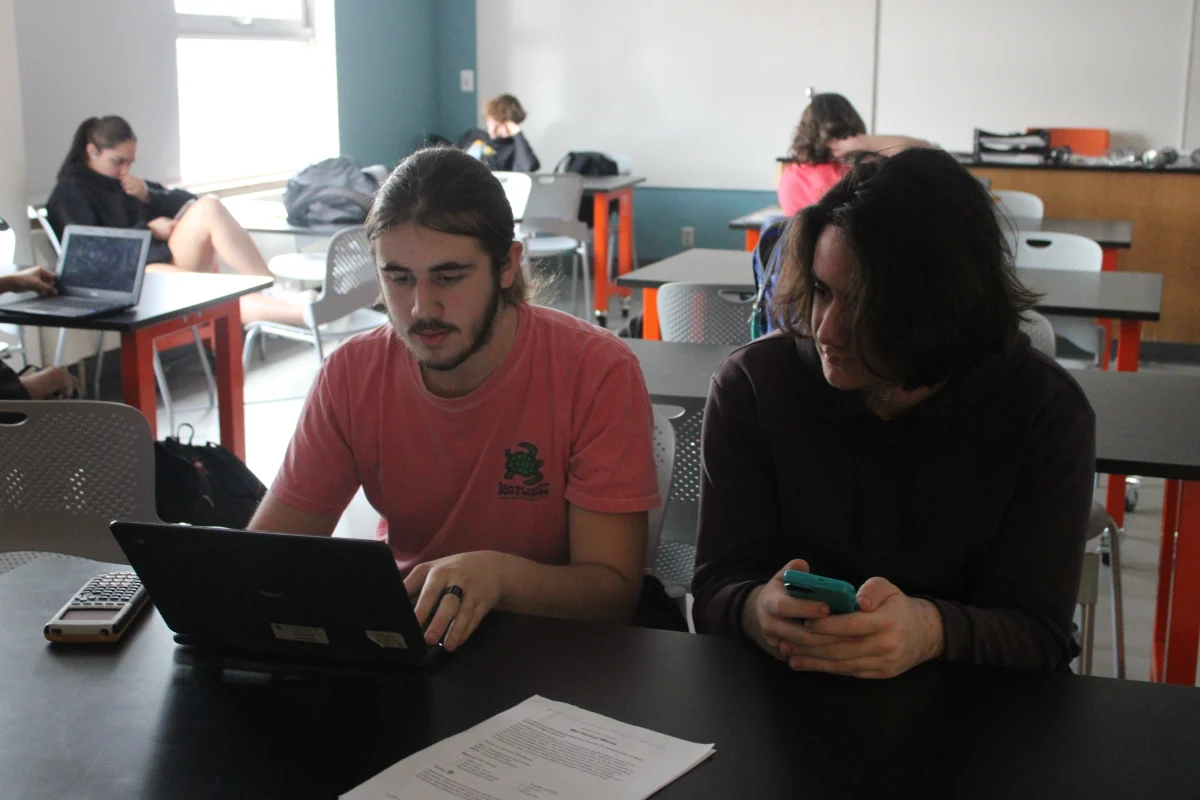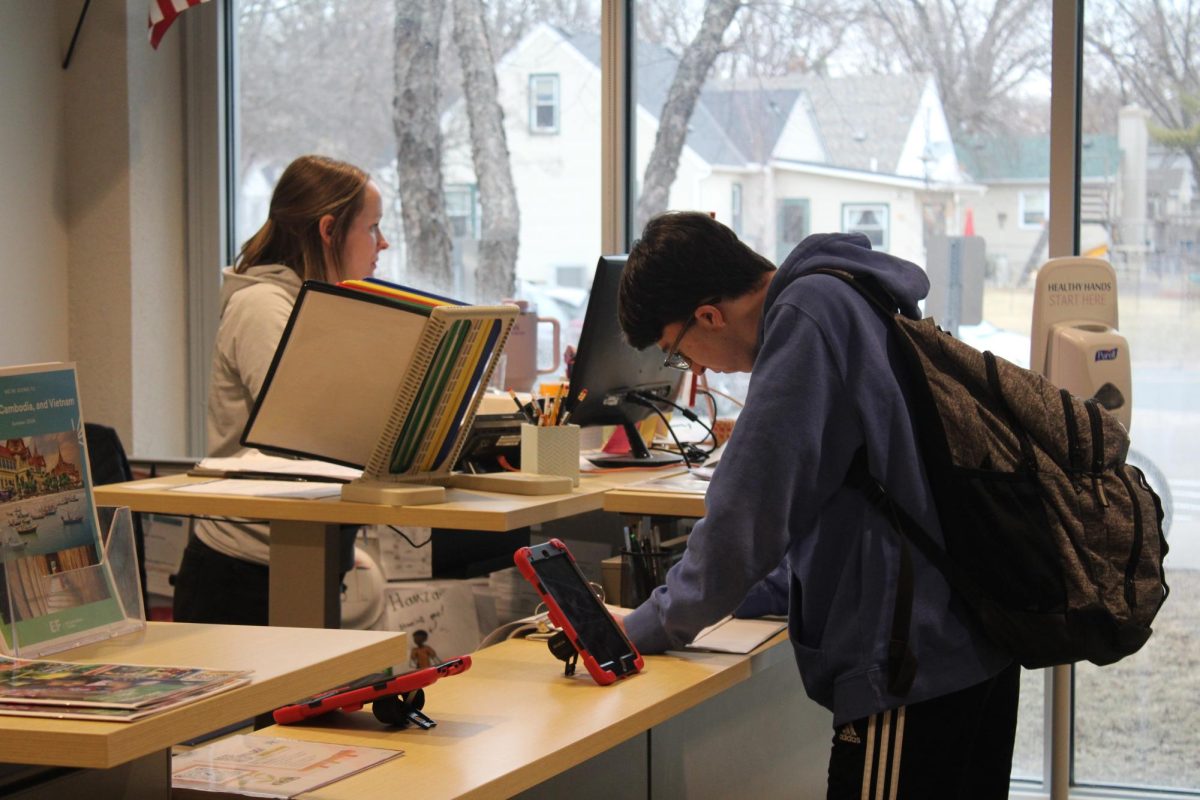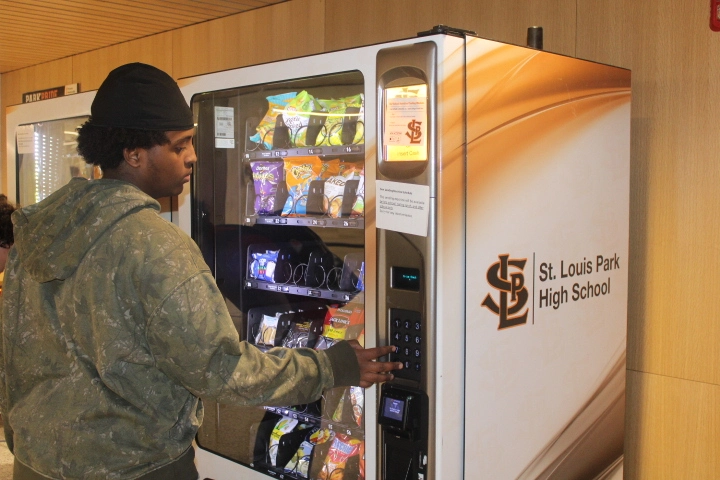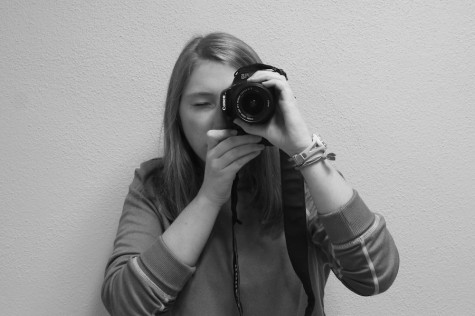Contraceptive to become more widely available
By summer, people could be seeing the contraceptive Plan B One-Step sold on store shelves next to other easily accessible health products.
The Food and Drug Administration (FDA) lowered the age restrictions for Plan B One-Step contraceptive April 30, approving it for sale to teens as young as 15 and allowing it to be sold without a prescription.
This marks the first time an emergency contraceptive will be sold in store aisles to young teens.
U.S. District Judge Edward R. Korman ordered the FDA to make the pill available to all women and girls prior to their decision to decrease the regulations.
A compromise was reached by lowering the age restrictions to 15.
The contraceptive, better known as the “morning after pill,” is designed to prevent pregnancy after unprotected sex or birth control failure.
Depending on where the consumer is in their cycle, it may prevent ovulation, interfere with fertilization of an egg or prevent implantation of a fertilized egg into the uterus according to the manufacturer.
Previously, Plan B was only available to those 17 and older with a prescription. This restriction was very contentious, because many believed a prescription was too difficult to acquire in such a short period of time.
Nina Jonson, the education manager at myHealth, formerly known as West Suburban Teen Clinic, said she believes the change in regulation has been much anticipated.
“There has been a push for it for a long time, because Plan B is a contraceptive that many citizens and lawmakers felt should be more widely available,” she said.
Opponents of the FDA’s changes believe that at 15 teens are not mature enough to understand how the pill works, and that it may be misused.
Because of these concerns, Jonson said it is important that pharmacists and doctors provide education about Plan B One-Step.
“It’s not enough to just give someone the morning after pill,” Jonson said. “They need to understand what it is, what it does, and how it works.”
Sophomore Haydarus Ibrahim said he believes the restrictions should be kept at 17.
“At 15 teenagers are too young to make such big decisions without talking to their parents,” Ibrahim said.
Health teacher Allison Luskey said she believes the FDA’s action gives teens a necessary resource.
“It gives greater options for young women to avoid unplanned pregnancy,” Luskey said.
“Mistakes can be made, and it’s important to have a backup plan,” she said.
Freshman Clara Slade said she thinks the revision will bring positive results for teens.
“Some girls might be too scared to go to their parents or a doctor for the morning after pill,” Slade said. “I think it’s a great opportunity to lower teen pregnancy rates.”
Plan B One-Step will be available on store shelves within a few months, being sold to those 15 and above with proper identification.



